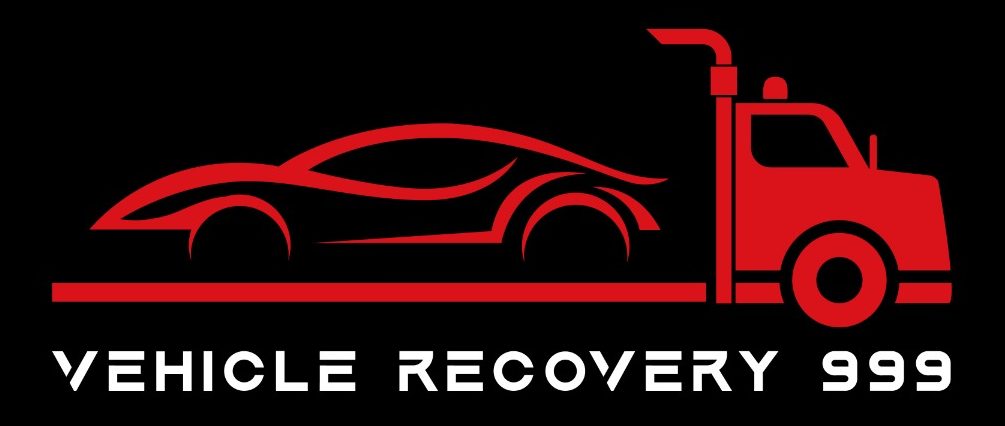Towing isn’t just about attaching a trailer to a vehicle and hitting the road. There are local ordinances and towing regulations that drivers must follow, which vary by state and municipality. These rules exist to keep roads safe for everyone, especially when heavier vehicles like tow trucks or trailers are involved. Whether you’re hauling a small utility trailer behind a jeep or operating a full-service tow truck, understanding these rules helps avoid citations and costly errors.
Local Requirements That Influence Towing
Each city and state has specific towing regulations. For example, states like Florida and Kansas have particular laws regarding what kinds of safety gear must be used when towing. In Florida, trailers must have proper reflectors, working brake lights, amber turn signals, and visible license plates. Kansas enforces limits on trailer weight and braking systems.
The core idea is the same across jurisdictions—vehicles that tow must meet specific safety, lighting, and weight standards. Overlooking these small but critical details can mean fines, legal issues, or even accidents.
Key Equipment That Must Meet Compliance
Equipment is central to towing regulations. Your hitch must be rated for the load, and if you’re towing a trailer with a total weight of more than 3,000 lbs, brakes on the trailer are mandatory in many states. Mirrors need to extend far enough to give a clear view around the trailer, and tires must be in good condition. These aren’t suggestions—they are legal requirements.
Some areas also mandate that trailers have safety chains, working brake lights, and turn signals that synchronize with the tow vehicle. These features are vital whether you’re pulling a trailer with a pickup or recovering a vehicle using a tow truck.
Weight and Load Guidelines
When it comes to towing, weight is a major consideration. Many towing regulations outline exact weight limits for different classes of vehicles and trailers. Going over the recommended towing capacity risks damage to the tow vehicle, and it’s illegal in most places. The weight should include everything being carried—cargo, fuel, and passengers.
A properly distributed load also protects your tires, wheels, and brakes. It improves road handling, especially during turns or sudden stops. Always check the manufacturer’s guidelines before towing anything. If you’re using a jeep or SUV, know your towing limits and match your hitch and trailer setup accordingly.
Visibility and Lighting Requirements
Visibility is another area covered by towing regulations. Many jurisdictions require trailers to have specific lighting, including amber front markers and red rear reflectors. Reflectors should be placed on the sides and rear of the trailer to ensure it’s visible at night or during bad weather. Turn signals and brake lights must work in sync with the towing vehicle.
If mirrors don’t provide a wide enough view, extension mirrors are often required. These aren’t optional. Local authorities may issue fines if visibility is deemed unsafe due to insufficient mirror coverage or malfunctioning lights.
State-by-State Differences
While federal transportation laws exist, most towing regulations are governed by individual states. In Kansas, for instance, trailers over 2,000 lbs must have brakes on all wheels. In Florida, safety chains must cross beneath the trailer tongue to prevent it from hitting the road if the hitch fails. Being aware of local laws is essential, especially if you’re crossing state lines.
Enforcement and Penalties
Law enforcement officers check for compliance with towing regulations during routine stops or inspections. Violations can result in citations, forced detachment of the trailer, or even impoundment. Issues like missing reflectors, worn-out wheels, or overloaded trailers are taken seriously.
Tow truck drivers are held to especially strict standards. The weight of the towed vehicle, attachment points, and hitch integrity are all inspected regularly. If any of these fail to meet local codes, operations can be halted on the spot.
Best Practices for Everyday Drivers
Even if you’re not operating a commercial tow truck, following best practices makes the road safer for everyone. Before towing, check that all equipment—from the hitch and trailer lights to the mirrors and brakes—is fully functional. Double-check your load and verify that it’s evenly balanced. Secure everything inside the trailer to prevent shifting.
It’s also wise to learn the towing regulations in your state or city. Whether you’re towing a camper for the weekend or hauling scrap metal for junk car removal, staying compliant is critical.
Final Thoughts
Towing involves more than strength—it requires responsibility. Following towing regulations keeps your vehicle safe, your trailer secure, and other drivers protected. The key is understanding the equipment, obeying weight limits, and checking local ordinances before hitting the road. These rules aren’t there to be a burden—they exist to keep everyone safe.
For reliable help that meets every legal requirement, contact Vehicle Recovery 999—your local experts in legal-compliant towing.

